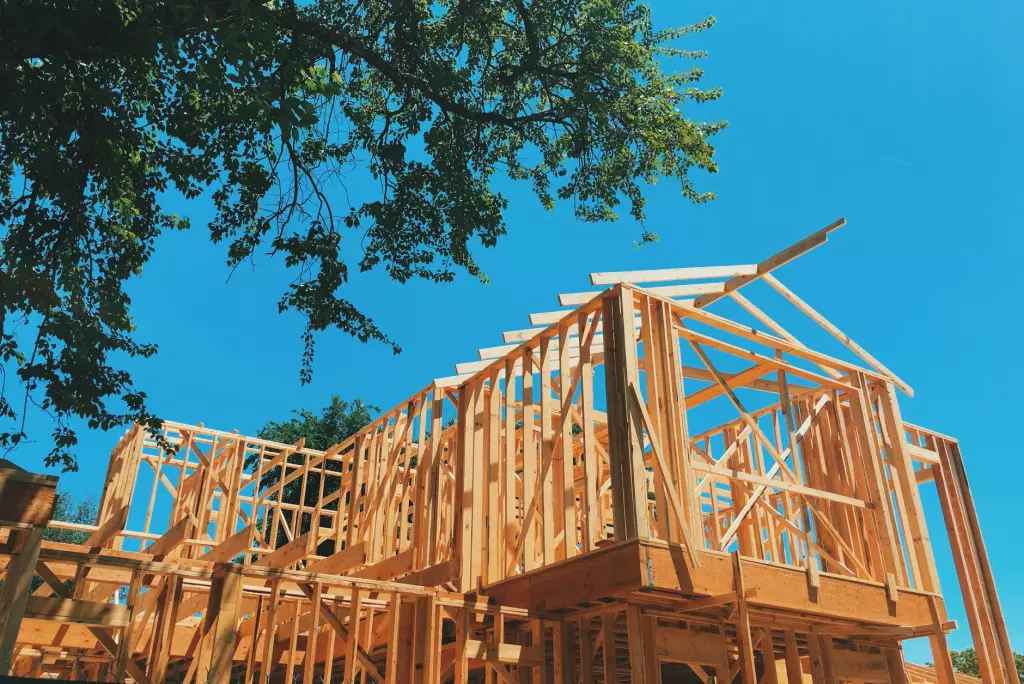Understanding Pre-Construction Regulations in Ontario: What You Need to Know

Purchasing a pre-construction property in Ontario offers the allure of owning a brand-new home, customized to your tastes, and often at a more affordable price point than resale properties. However, the process is governed by a complex set of regulations that can significantly impact your investment. To navigate this landscape successfully, it’s crucial to understand the key regulations that apply to pre-construction purchases in Ontario, particularly if you plan to rent out the property or face other unique circumstances. Here are some essential regulations to be aware of:
1. HST on New Homes: Primary Residence vs. Investment Property
What It Is: The Harmonized Sales Tax (HST) applies to the purchase of new homes, including pre-construction properties in Ontario. Whether or not you need to pay the full HST amount depends largely on how you intend to use the property.
Key Regulation: If you plan to live in the property as your primary residence, you may qualify for an HST rebate, which can significantly reduce your tax liability. However, if you’re purchasing the property as an investment and intend to rent it out, you are required to pay the full HST upfront at closing. You can still apply for a rebate, but the eligibility requirements are stricter, and the process can be more complex. It’s essential to budget for this tax and consult with a tax professional to understand your specific obligations.
2. Non-Resident Speculation Tax (NRST): If You’re Not a Canadian Resident
What It Is: The Non-Resident Speculation Tax (NRST) is a 25% tax on the purchase of residential properties in Ontario by foreign nationals, foreign corporations, or taxable trustees.
Key Regulation: If you are a non-resident of Canada and are purchasing a pre-construction property, you will be subject to this tax in addition to the standard purchase price. However, if you become a Canadian resident within a specific timeframe after purchasing the property, you may be eligible for a rebate of the NRST. Understanding this tax and planning for it is crucial if you are a non-resident buyer looking to invest in Ontario’s real estate market.
3. Assignment Sales: Regulatory Considerations
What It Is: An assignment sale occurs when the original buyer of a pre-construction property sells their interest in the property to another buyer before the property is completed.
Key Regulation: The rules around assignment sales in Ontario can be complex. While many developers allow assignments, they often come with fees and specific conditions. Additionally, assignment sales are subject to HST, which can significantly impact the profitability of the sale. Recent regulations have also increased scrutiny on assignment sales to ensure that they are not used to avoid taxes. It's essential to review your purchase agreement carefully and consult with a real estate lawyer to understand the implications of an assignment sale.
4. Interim Occupancy and Phantom Rent
What It Is: Interim occupancy refers to the period when you can move into your pre-construction condo unit before the property is officially registered and you take ownership.
Key Regulation: During this period, you will be required to pay occupancy fees (often called “phantom rent”) to the developer. These fees typically cover an estimate of the mortgage interest, property taxes, and maintenance fees. It’s important to note that these payments do not go toward your mortgage principal. Understanding this aspect of pre-construction purchases is critical for financial planning, as the interim occupancy period can last several months or longer.
5. First-Year Tax Implications for Rental Properties
What It Is: If you purchase a pre-construction property and rent it out during the first year, you may face specific tax implications that can affect your financial planning.
Key Regulation: In Ontario, if you do not live in your pre-construction property and choose to rent it out, you will not qualify for the HST rebate as a primary resident. Additionally, your property may be subject to higher property taxes, as municipalities often tax non-owner-occupied properties at a higher rate. It’s crucial to factor in these additional costs when calculating your expected return on investment and to seek advice from a tax professional who is familiar with Ontario’s regulations.
6. Tarion Warranty Protection: Know Your Rights
What It Is: The Tarion Warranty Program provides warranty protection for new homebuyers in Ontario, covering issues like defects in workmanship, materials, and major structural problems.
Key Regulation: All new homes in Ontario must be enrolled in the Tarion Warranty Program, and the cost is usually passed on to the buyer. The warranty covers different aspects of the home for varying lengths of time, such as one year for general defects, two years for electrical, plumbing, and heating systems, and seven years for major structural issues. Understanding your rights under the Tarion Warranty Program is crucial for protecting your investment and ensuring that any issues with your new home are addressed promptly.
7. Legal Obligations and Closing Costs
What It Is: Closing costs in a pre-construction purchase can include a variety of fees, such as land transfer taxes, legal fees, development charges, and utility hookup fees.
Key Regulation: In Ontario, closing costs typically amount to 1.5% to 4% of the purchase price. However, in pre-construction purchases, there may be additional costs, such as adjustments for property taxes and maintenance fees, that are not immediately apparent. It’s essential to have a detailed discussion with your lawyer about all potential closing costs and ensure that you are fully prepared to meet your financial obligations when the time comes to close the deal.
Final Thoughts
Purchasing a pre-construction property in Ontario can be a rewarding investment, but it’s crucial to be aware of the various regulations and financial implications that come with it. From understanding the HST and NRST to navigating interim occupancy and assignment sales, being informed about these regulations will help you make more strategic decisions and avoid unexpected costs. Always work with a knowledgeable real estate agent, lawyer, and tax professional to ensure that you fully understand your obligations and can confidently move forward with your pre-construction purchase.
Categories
Recent Posts










"My job is to find and attract mastery-based agents to the office, protect the culture, and make sure everyone is happy! "
